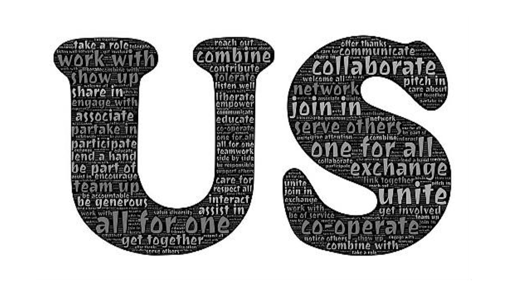
Ten years ago, University of Minnesota sociologists conducted a study that found that atheists were the most disliked group of people in the United States. New research conducted these days offers a theory about why religious minority groups, especially atheists, are disliked in the United States. The research team comprises of Department of Sociology professors Penny Edgell, Douglas Hartmann and Joseph Gerteis, and graduate student Evan Stewart. The survey was conducted by GFK Group, with just over 2,500 people participating. They used data from a nationally representative survey to analyze anti-atheist sentiment in the U.S. in 2014. They found that anti-atheist sentiment is very strong, persistent, and driven in part by moral concerns about atheists and in part by agreement with cultural values that affirm religiosity as a constitutive moral grounding of citizenship and national identity.
This research came to these numbers:
40% of Americans disapprove of non-religion;
33% of respondents fall into a broad “religious nones” category: 3.8% as atheist, 3.5% as agnostic, 7.1% as “spiritual but not religious” and 18.5% as “nothing in particular; and
27% of Americans say that atheists “don’t share my morals or values.”
Among the “religious nones” category, participants in the research had more positive attitude towards people who are “spiritual but not religious” and they are more negative about those people who say they have no religion. All this is due to the belief that religiosity is central for civic virtue and that sense of good and evil is rooted in Christianity and religious traditions of the American people.
This research also shows that Muslim-Americans are in some cases more distrusted than the non-religious. Negative attitudes toward Islam are not only higher than those toward any other religious or non-religious group, but are also rising at a faster rate. According to data from 2003, nearly 40 percent of respondents said they believed atheists don’t agree with their vision of American society and about 26 percent said the same about Muslims. Data collected ten years later, shows that about 42 percent of respondents say atheists don’t share their vision of American society and the percent of Americans who say the same about Muslims has risen to 45.5 percent.
To conclude, the attitudes of Americans toward religious minority groups have not changed much in the past decade. Atheists, agnostics, spiritual but not religious people, they are all considered to be cultural outsiders in the United States. On the other side, there are Muslim-Americans people who are also disliked in the U.S. Future research will show whether these negative attitudes will continue to change and in whose favor.
Photo Credits: Pixabay
